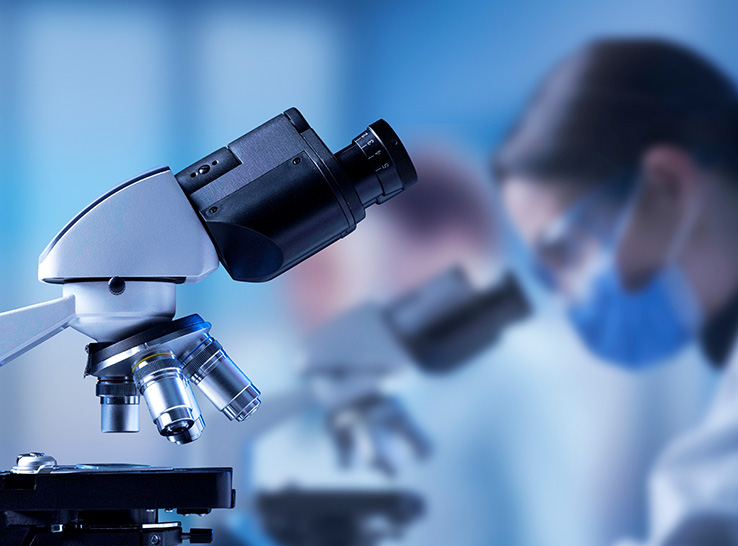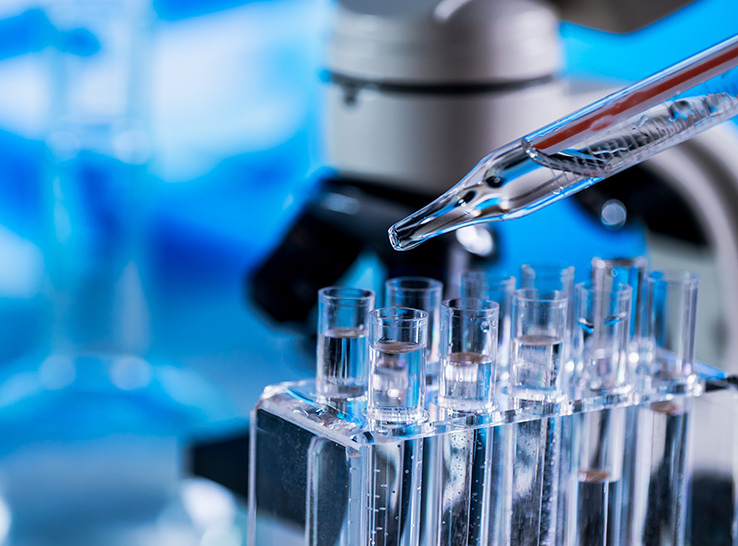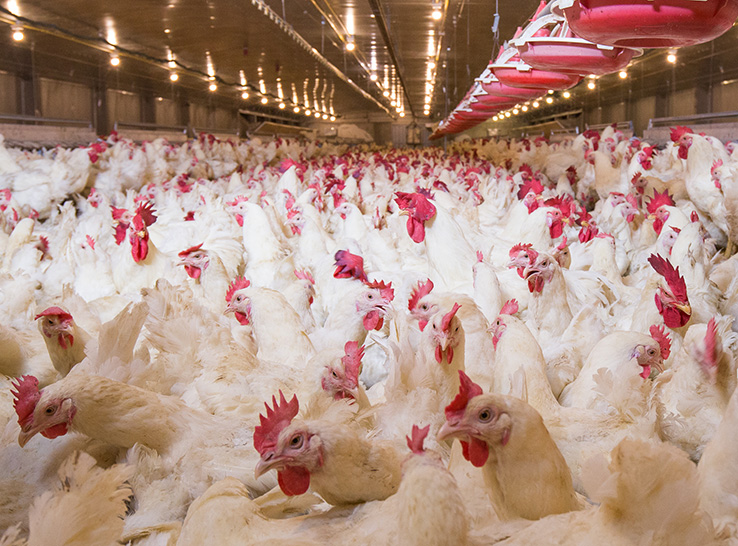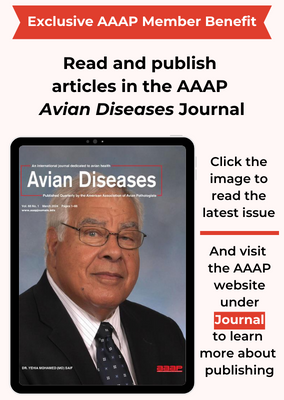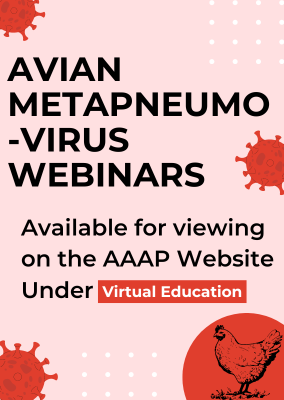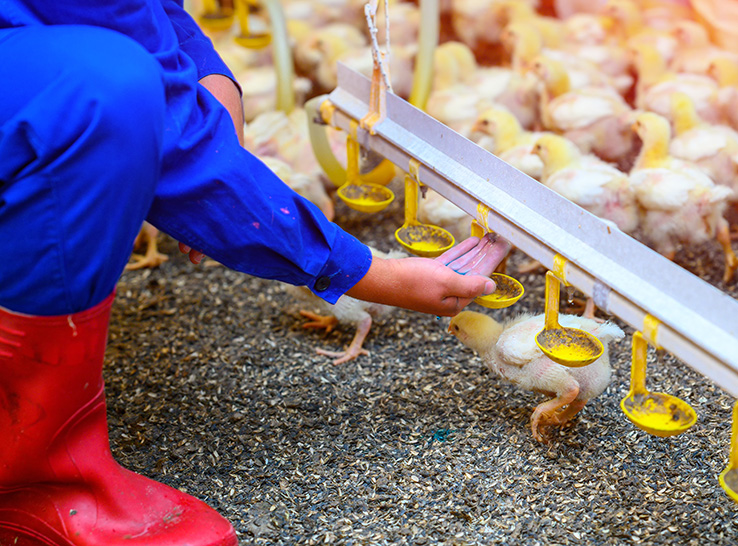Innovation, welfare and sustainability were on full display at the 2023 conference of the American Association of Avian Pathologists.
Nearly 700 poultry health professionals from 50 countries came together in Jacksonville, Florida, recently to take in more than 100 scientific sessions and 141 posters showcasing the latest research in disease management, diagnostics, epidemiology, hatchery management, housing, food safety and more.
“These days highly pathogenic avian influenza dominates the headlines— and for good reason,” said Suzanne Dougherty, DVM, a veterinarian for Pilgrim’s Pride and executive vice president for AAAP.
Nevertheless, she added, the program for AAAP’s 66th annual conference provided a stark reminder of the many other disease-management challenges facing poultry producers.
‘Those every-day diseases’
“It’s often those every-day diseases — coccidiosis, infectious bronchitis, infectious bursal disease, laryngotracheitis, to name a few — that present the biggest hurdles for the producers,” Dougherty continued.
“With more poultry companies raising birds without antibiotics, we are also seeing more production challenges from reemerging diseases.”
The poultry’s industry’s commitment to food safety was also obvious from the AAAP program, with 16 presentations and nine posters about managing Salmonella in live production and several more on Campylobacter.
“As always, it was both gratifying and reassuring to see the top scientists and practitioners in the industry present their latest work and innovations,” Dougherty said.
HPAI was hardly invisible at the conference, though. AAAP offered 10 lectures and 12 posters on HPAI topics, including the opening keynote address by David Swayne, who worked at the USDA poultry research laboratory for more than 28 years before establishing his own consultancy, Birdflu Veterinarian, LLC. Swayne looked at the “challenging global landscape” of the deadly disease.
History-making meeting
This was the first time AAAP held its annual meeting independently from the American Veterinary Medical Associations conference, which occurs in mid-summer. Dougherty said this decision was driven mostly by AAAP’s desire to have more control over when and where the meeting is scheduled.
She added AAAP continues to work closely with AVMA, advocating for all veterinarians and supporting legislative issues that affect poultry and other food animals. AAAP also encourages presenters to submit their work for inclusion in AVMA’s scientific program.
For more information on AAAP, visit the association’s website.
The American Association of Avian Pathologists is an international association whose mission is to promote scientific knowledge to enhance the health, well-being, and productivity of poultry to provide safe and abundant food for the world. For more information, visit aaap.info.
Editor’s note: Content on Modern Poultry’s Industry Insights pages is provided and/or commissioned by our sponsors, who assume full responsibility for its accuracy and compliance.



